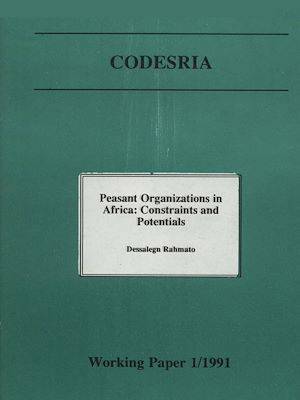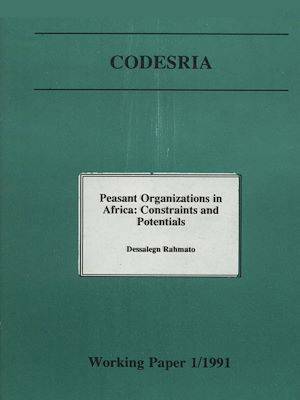
- Retrait gratuit dans votre magasin Club
- 7.000.000 titres dans notre catalogue
- Payer en toute sécurité
- Toujours un magasin près de chez vous
- Retrait gratuit dans votre magasin Club
- 7.000.000 titres dans notre catalogue
- Payer en toute sécurité
- Toujours un magasin près de chez vous
4,99 €
+ 4 points
Description
Organizations in rural areas are formed for a wide variety of purposes, and assume a multitude of roles. Their objectives may be economic, social, religious, mutual welfare or community integration. They may be homogeneous or heterogeneous, class-specific or multi-class; they may be formed on the basis of residence, or ethnic, kin or occupational affiliations. Organizations are often not bound by their expressed or unexpressed objectives : a religious organization may intervene in the economic or political sphere just as a « burial society » may extend itself to engage in welfare or investment activities. This flexibility - an element not frequently found in legally bound, modem organizations- is both a strength and a weakness.
Spécifications
Parties prenantes
- Auteur(s) :
- Editeur:
Contenu
- Nombre de pages :
- 50
- Langue:
- Anglais
Caractéristiques
- EAN:
- 9782382340028
- Date de parution :
- 30-11-20
- Format:
- Ebook
- Protection digitale:
- Digital watermarking
- Format numérique:
- ePub







